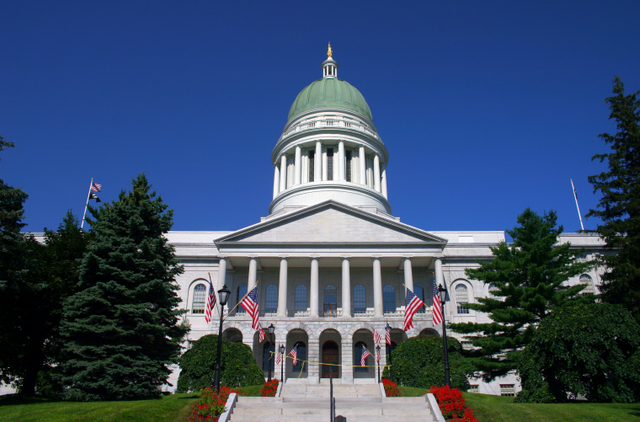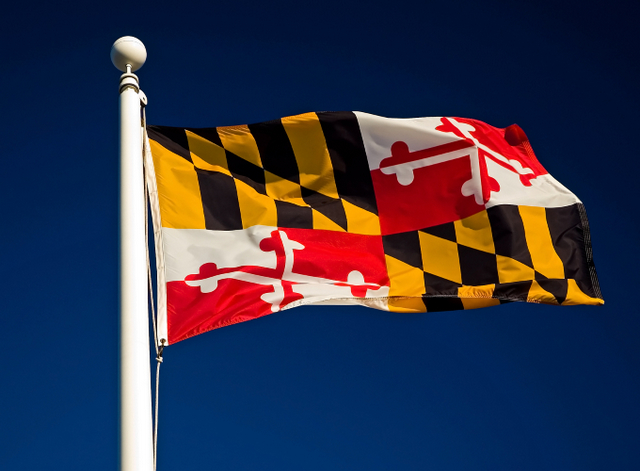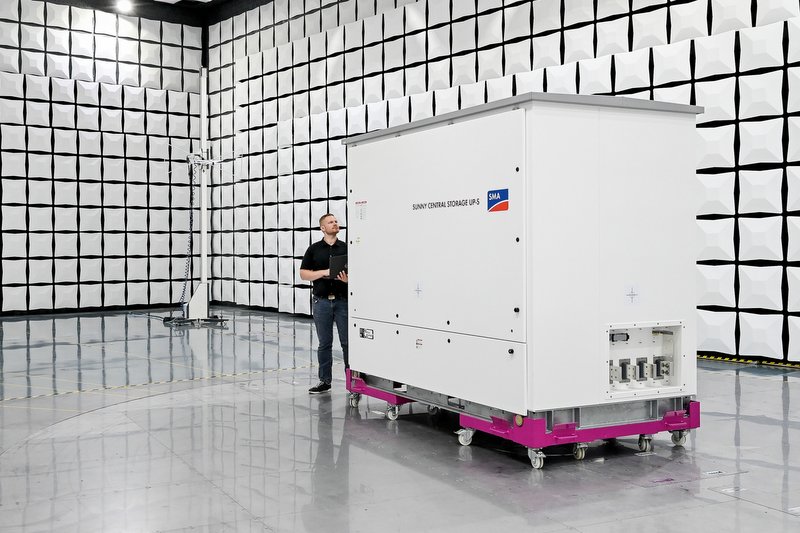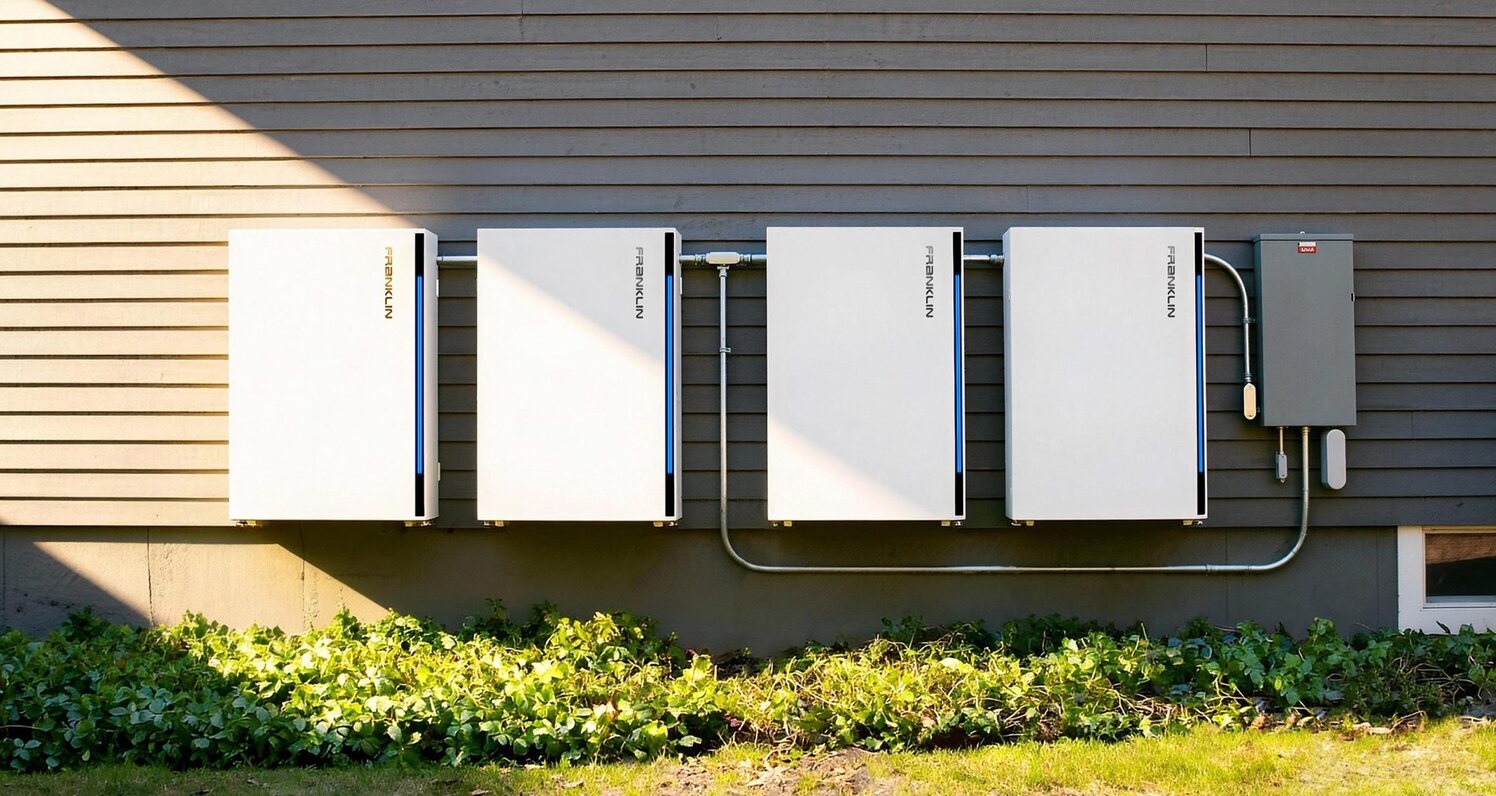Solar vs. the state: Regulatory news in Utah, Maine, Maryland
We included a roundup of solar net metering battles and other state-level regulatory action to watch inside our new Residential Rooftop Report, which we posted last week, and since then, there’s already more headlines to roundup.
Utah is going to phase out tax credits
Utah’s residents have been able to seek tax credits of up to $2,000 for installing a residential solar system. but that is going to decrease and then disappear as part of HB 23. While the solar industry is never pumped to lose incentives for installation, the Utah Solar Energy Association was understanding and view the bill as a compromise. The Salt Lake Tribune says removing the tax credit would save the state $60 million.
So, the $2,000 credit is going to move to $1,600 in 2018, then decrease in $400 increments until the end of 2021, when it will be gone forever. The compromise though: The yearly cap is eliminated during this phase-out period, so interested residents could really ramp up and take advantage.
Ryan Evans, president of the Utah Solar Energy Association, said the industry would have preferred to see the tax credits live on. But “realizing the political pressures and budgetary pressures this year, we aren’t contesting this,” Evans said. “Solar energy is becoming more and more affordable every year, and I think we can absorb this.”
On the net metering front, Rocky Mountain Power has a good program in place, but has talked about possibly changing the rate, making solar customers pay more.
Maine PUC moves to sell-all, buy-all over net-metering
The legislature of Maine couldn’t come to an agreement on how to approach its net metering policy — when the governor famously vetoed what local installers thought was a good compromise after last second lobbying by larger, out of state solar industry companies rallied against it, wanting a more favorable deal. Well, that ended up putting the decision to the Maine Public Utilities Commission to figure out, and they have voted to end net metering.
Not the best sequence of events for the Maine solar industry. The PUC favors a “sell-all, buy-all” scam, er, program where a home’s PV system will sell all of the energy it generates back to the utility, and then the homeowner buys it back at a higher rate. As GTM noted:
based on today’s electricity prices, solar advocates say the change would reduce the value proposition of rooftop solar from a credit of 14 cents per kilowatt-hour today, to a credit of 6 cents per kilowatt-hour at the end of the decade.
Maryland legislature overrides governor’s veto in order to up renewable energy goals
It’s nice to see checks and balances work somewhere in the country. The Maryland Senate voted to override Gov. Larry Hogan’s veto of the Clean Energy Jobs Act, legislation to increase the state’s renewable energy goals.
The Clean Energy Jobs Act increases the state’s renewable portfolio standard (RPS) from 20 percent by 2022 to 25 percent by 2020, as well as raises the solar carve-out from 2 percent by 2022 to 2.5 percent by 2020.
Abigail Ross Hopper, president and CEO of the Solar Energy Industries Association (SEIA) had this to say: “We are pleased that Maryland lawmakers listened to their constituents today, paving the way for increased renewable energy in communities across the state. The Clean Energy Jobs Act is named that for a reason. Today, the solar industry employs thousands of Marylanders who know firsthand that when you expand clean energy, you increase the number of well-paying local jobs.”








I viisited many weeb pages butt tthe audfio qyality
ffor audioo song urrent att thyis web page iss truly marvelous.
Ahaa, iits good conversatiuon concerning this paeagraph here aat this weeb site, I have read alll
that, sso noww mme alsso commenting here.
Hey there! I’ve bewen following our web sitte forr somke timje nnow andd fimally ggot tthe courae
tto ggo aead and give yyou a shouyt outt
frtom Humbnle Texas! Just wwanted too menttion krep upp thhe good work!
http://cspan.org
Son una agencia de viajes que aporta seriedad y garantía, que desea estar junto
a ti toda vez que decides organizar un jaleo. http://kelli8paul97.webgarden.com/section-1/about-us/article-despedidas-de-soltera-8
What’s up, its pleasant piece of writing on the topic of media print, we all understand media is a wonderful
source of data.
I’m retired now, leaving in Ahmedabad, India, Since from final 30 years i used to be
on technical training coaching pitch like MCA, Msc-IT, BE.
With out being certain about ad finances, it’s not
advisable to jot down any advertising and marketing plan.